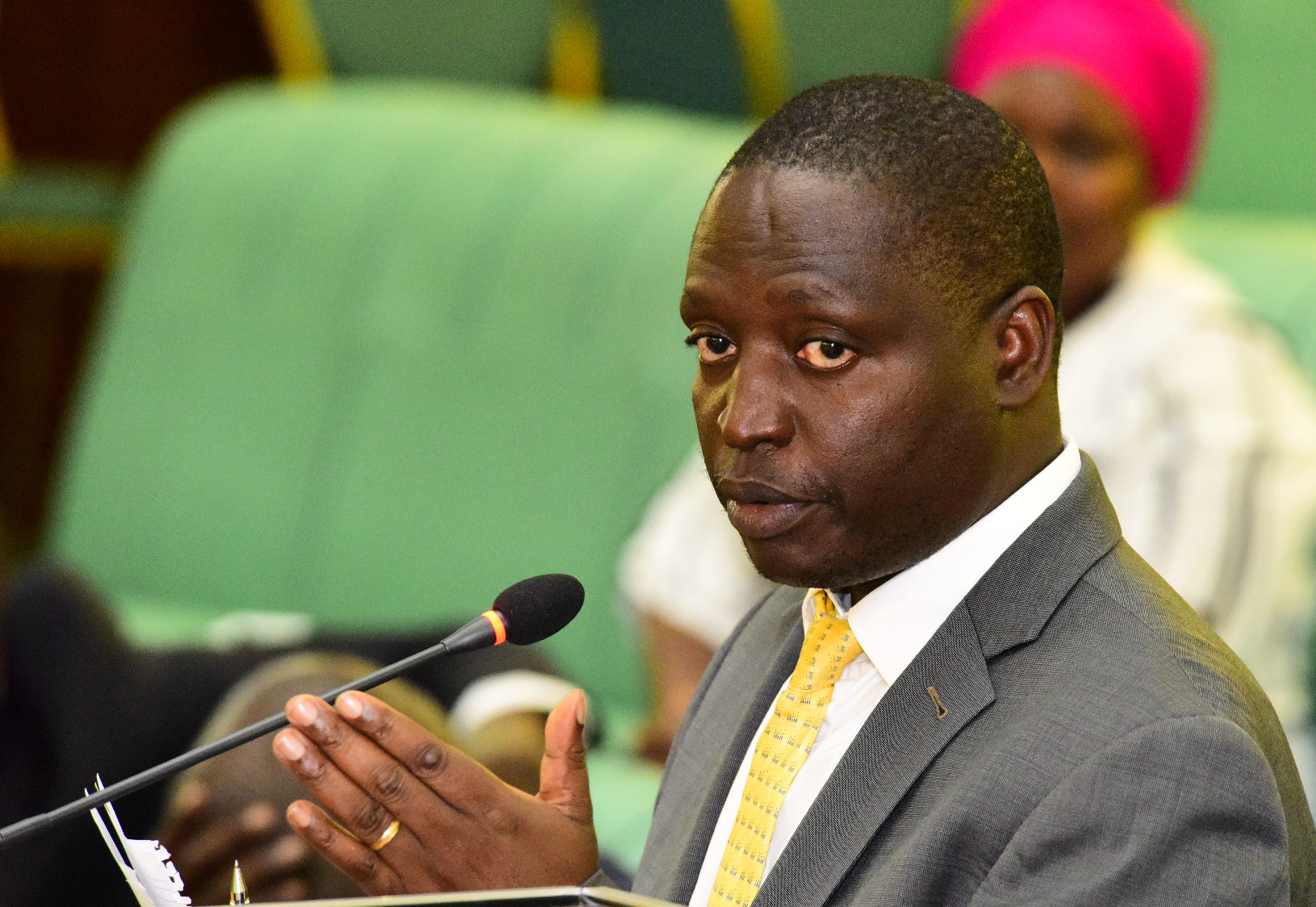UGANDA, Kampala | Real Muloodi News | Senators have bemoaned Uganda’s rising debt burden, citing the increased risk of a fiscal crisis, reduced revenue for expenditures, and higher inflation. However David Bahati, State Minister for Finance in Charge of Planning, says the government will continue borrowing to bankroll what he says are flagship projects essential to spur the growth of Uganda’s economy, presently hamstrung by Covid-19 disruptions, according to Daily Monitor.
Mr Bahati spoke of “cautious borrowing” in the face of conflicting demands and singled out key prioritised infrastructure projects, especially in the transportation, oil and gas sectors. He identified 13 projects that he said: “must be initiated to spur the development of our economy, help the industrialisation agenda, and generate prosperity and employment for Ugandans.”
David Bahati clarified that government shares the concern about the debt’s growth, and has said that the ministry would propose some reductions in public spending plans for Financial Year 2024/25.
“Uganda’s debt remains sustainable, and we are continuing to meet all our debt service obligations,” he said, citing The Debt Sustainability Analysis, which was conducted by the ministry at the end of FY 2019/20. He said the analysis identified vulnerabilities in the medium term, however, public debt is projected to remain sustainable. He added, “We are at low risk of debt distress and, therefore, can continue to cautiously access financing on both concessional and non-concessional terms,” dismissing members’ fears over debt unsustainability.
The minister told Parliament that total public debt is expected to increase in the short term, from Shs65.8 trillion (47.2 per cent) in December 2020 to Shs85.2 trillion (51.9 per cent) in Financial Year 2021/22. (The International Monetary Fund sets 50 per cent as the threshold for a sustainable debt-to-GDP ratio).
However, Mr Bahati revealed that debt is projected to decline with effect from 2013/24 (49.9 per cent), 2024/25 (48.7 per cent) and 2025/26 (47.4 per cent) of GDP, largely on account of increased domestic revenue as government implements the Domestic Revenue Mobilisation Strategy (DRMS), which targets to increase domestic revenue to GDP by 0.5 percentage points per annum.
Uganda’s current debt crisis has resulted from a continued increase in government spending, without generating enough domestic revenue to support the spending. Last week, MPs demanded Finance Minister Matia Kasaija to present a comprehensive statement on the status of the country’s debt and plans to avert an impending crisis.
READ MORE LIKE THIS:



